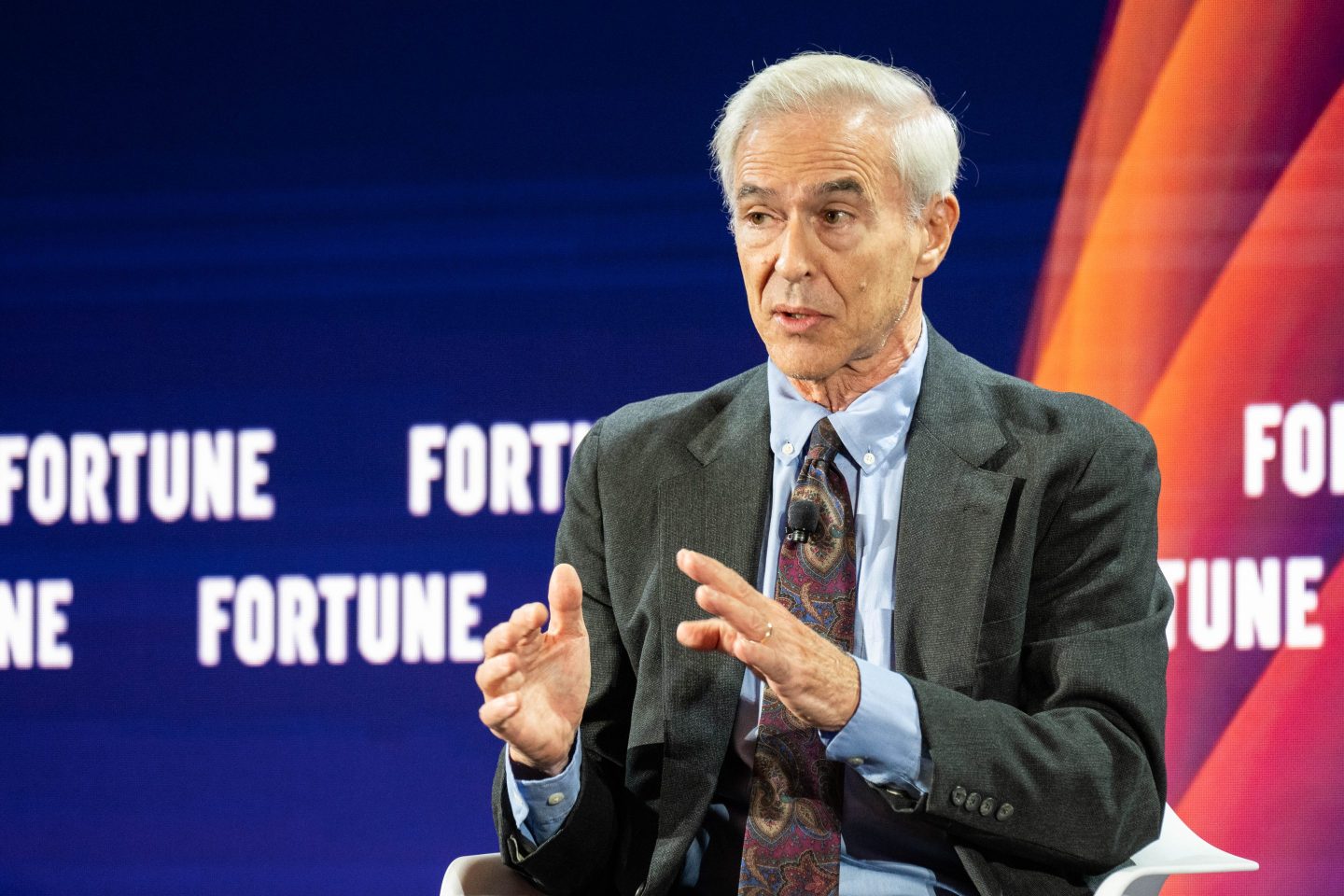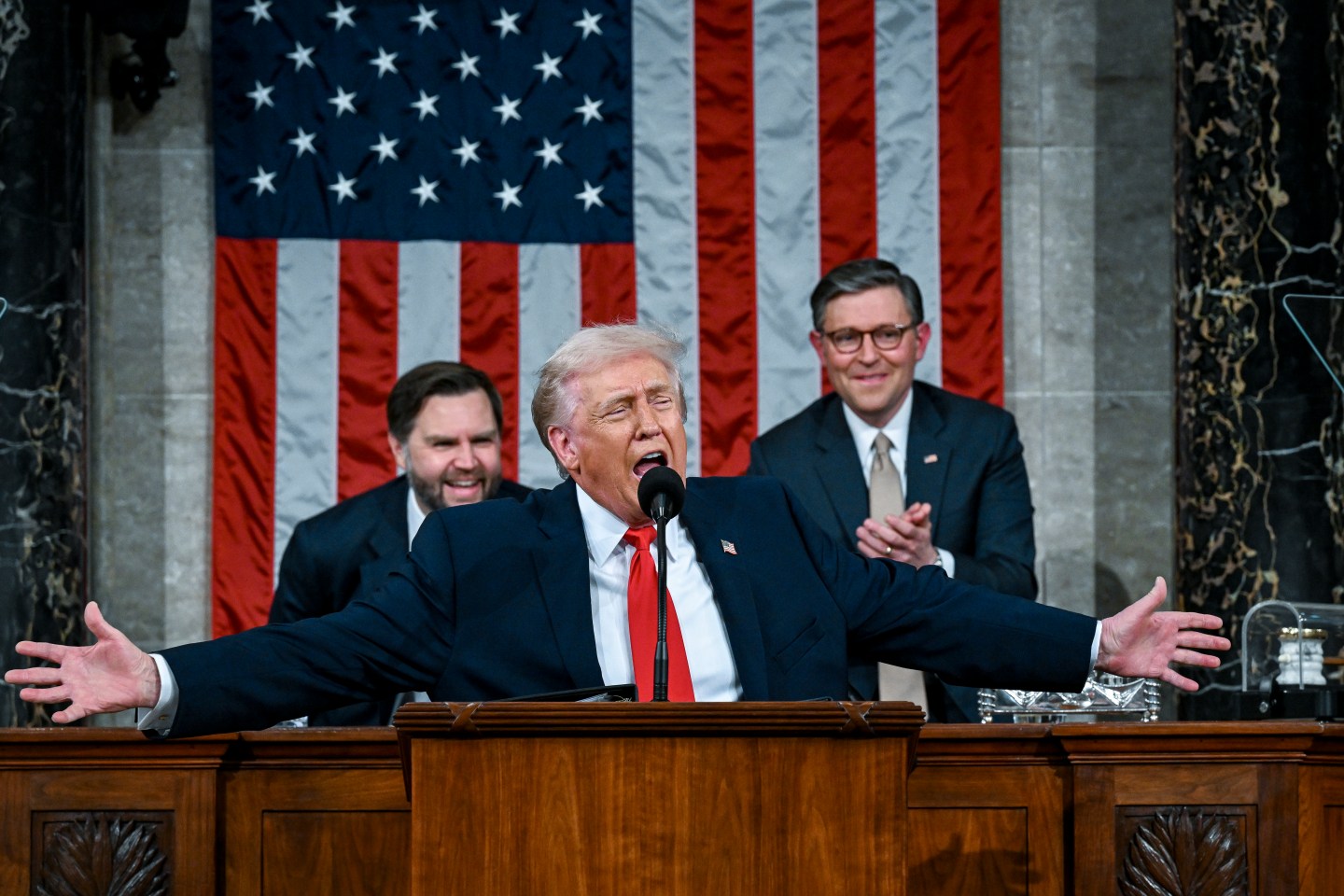Imagine Bitcoin becoming an official U.S. legal tender or a “Mar-a-Lago Accord” restricting foreign ownership of U.S. Treasuries. That is the level of “catastrophic missteps” required to unseat the U.S. dollar as the world’s reserve currency, according to author and journalist Paul Blustein.
Blustein has spent years studying the subject, as detailed in his latest book, King Dollar: The Past and Future of the World’s Dominant Currency.
Speaking at the Fortune Innovation Forum in Kuala Lumpur this week, Blustein listed the many events once predicted to dethrone the greenback: inflation in the 1970s, the rise of Japan, the introduction of the euro, the Global Financial Crisis, and the rise of China. Yet, “All the prophecies were wrong!” he said.
While he understands that governments are frustrated by the U.S.’s weaponization of the dollar for foreign-policy purposes—essentially “bullying” through sanctions and financial restrictions—he argued that governments don’t decide which currency is dominant. Markets do.
The dollar enjoys two crucial advantages that its rivals lack. First, it operates within an open capital account, meaning capital can move freely across U.S. borders. Second, U.S. financial markets offer unparalleled depth, breadth, and liquidity. “Treasuries are the one asset, by far, that you can liquidate in large amounts and get the cash you need without such a terrible loss,” Blustein said.
The dollar is intrinsic to the functioning of the global economy. It makes up roughly 60% of central-bank reserves and similarly dominates international trade, import and export invoicing, and corporate borrowing in foreign currencies. Unwinding this global reliance, Blustein said, would be “so costly, so difficult, and take such a long time,” to be almost unimaginable.
What about other currencies? The eurozone lacks a single, unified government debt instrument to rival U.S. Treasuries. China has expanded its use of renminbi-denominated bilateral trade, which Blustein said strengthens its resilience, but the currency still isn’t widely used for trade between third-party countries—and China still lacks an open capital account.
“The dollar is entrenched,” said Blustein. “Like it or not.”












